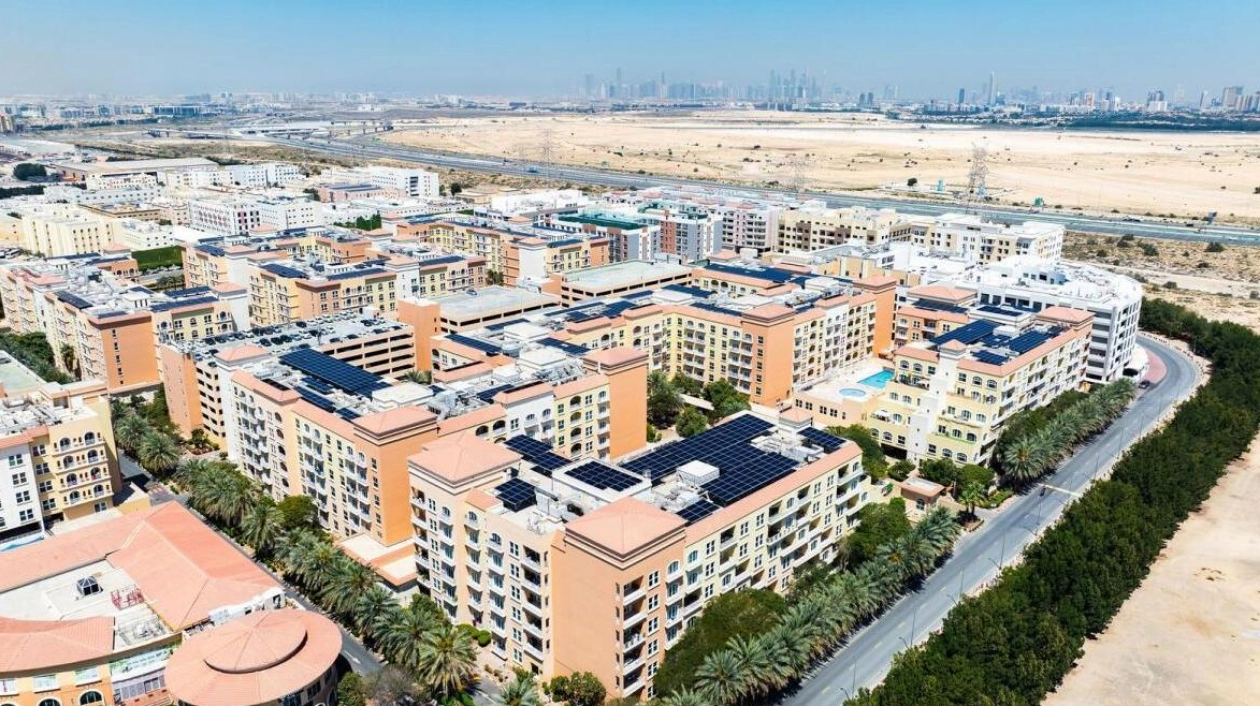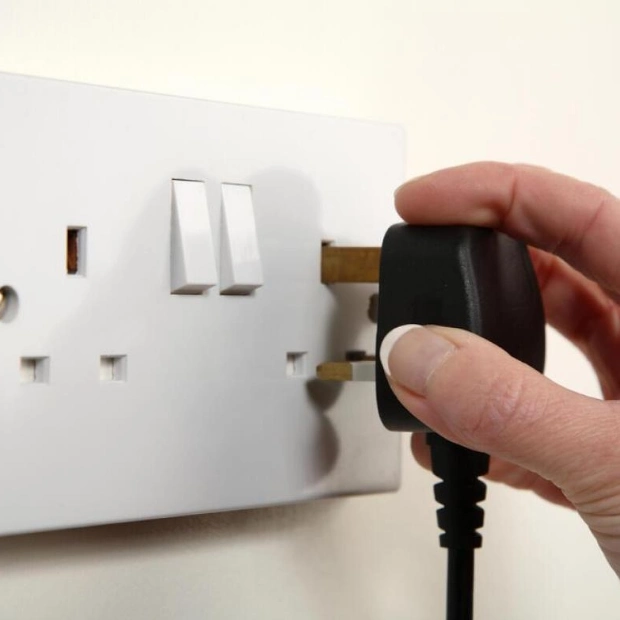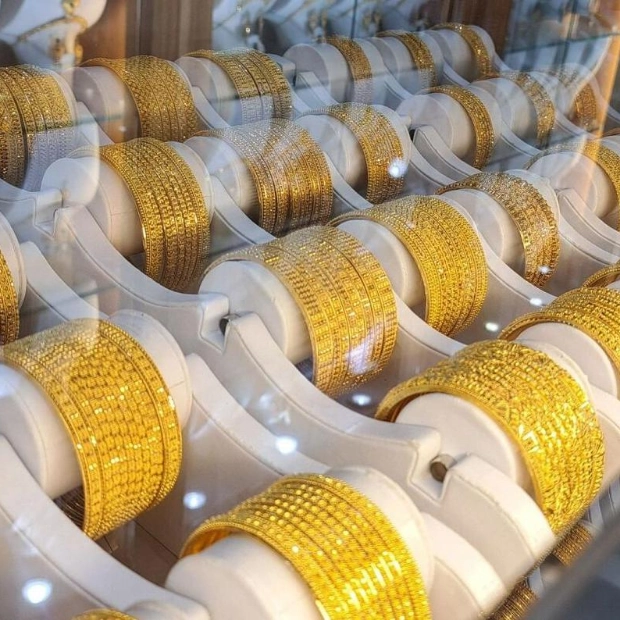Two UAE companies have made significant progress in reducing greenhouse gas emissions with the launch of key renewable energy initiatives. In line with the UAE's goal to achieve net zero emissions by 2050 and its Clean Energy Strategy 2050, Dubai Investment Real Estate (DIR), a prominent real estate developer, and Al Mujama, a leading owners association, along with Yellow Door Energy, a top sustainable energy provider for businesses in the Middle East and Africa, and Clyde Engineering, recently inaugurated a 1.2 megawatt-peak solar power system.
This solar system, located across nine residential buildings in the prestigious Ritaj community within Dubai Investments Park, features over 2,000 solar panels. These panels are expected to generate 1.9 million kilowatt-hours of clean electricity in the first year, meeting 30% of the buildings' energy needs and reducing carbon emissions by 756,000kg annually. The project operates under a solar lease, providing substantial cost savings for Al Mujama without requiring capital investment.
Mohammed Bin Hammad, Senior Director of Jointly Owned Properties at Dubai Land Department, emphasized the strategic importance of this project in promoting innovation in the real estate sector. Obaid Salami, General Manager of Dubai Investment Real Estate, highlighted the benefits of clean energy in creating a more sustainable living environment. Mansoor Serkal, GM of Al Mujama, noted the significant cost savings and energy efficiency achieved through this collaboration.
Jeremy Crane, Group CEO of Yellow Door Energy, and Philip Mills, CEO of Clyde Engineering, both expressed pride in their roles in advancing sustainability efforts in the UAE. The inauguration of this solar power plant is a major step towards sustainable development and energy efficiency in the UAE's real estate sector, aligning with the nation's Net Zero by 2050 target.
In a related development, Masdar and Infinity Power have signed a power purchase agreement with the Egyptian Electricity Transmission Company to supply renewable energy from a 200MW wind farm in Ras Ghareb. This project is expected to produce 810,000MWh annually, avoiding emissions equivalent to 403,672 tonnes of carbon dioxide. Infinity Power aims to have 10GW of operational renewable energy by 2030, capable of powering 12 million homes and reducing carbon dioxide emissions by 15 to 20 million tons per year.






